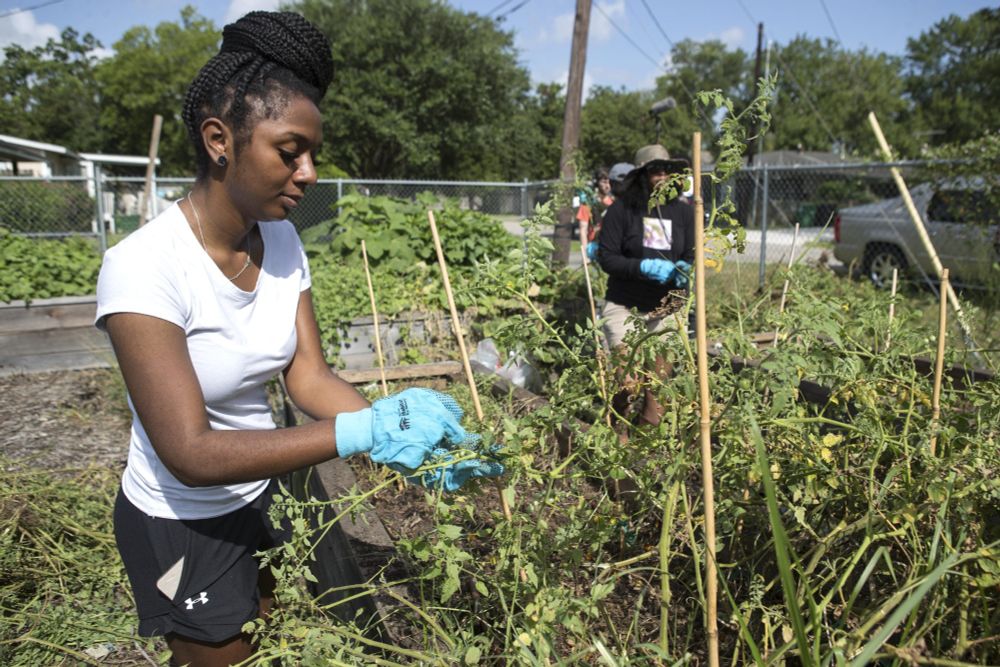
https://press.uchicago.edu/ucp/books/book/chicago/W/bo238845176.html
www.shanievans.com
capitalbnews.org/houston-blac...

capitalbnews.org/houston-blac...
Hannah S. Palmer for @earthislandjournal.bsky.social: www.earthisland.org/journal/inde...

Hannah S. Palmer for @earthislandjournal.bsky.social: www.earthisland.org/journal/inde...





and I are proud to share our newest paper “Missing the Forest for the Trees: Toward a Networked Racial Analysis of White Parents in Education Policy and Research” at Educational Researcher
journals.sagepub.com/doi/10.3102/...
1/4

and I are proud to share our newest paper “Missing the Forest for the Trees: Toward a Networked Racial Analysis of White Parents in Education Policy and Research” at Educational Researcher
journals.sagepub.com/doi/10.3102/...
1/4

contexts.org/blog/soc-ai/
#sociology #publicsociology #inequality #Mills

contexts.org/blog/soc-ai/
#sociology #publicsociology #inequality #Mills
projects.propublica.org/claimfile/

projects.propublica.org/claimfile/


real.smph.wisc.edu/get-involved/

real.smph.wisc.edu/get-involved/
I’m also aiming to get to the Schomburg’s Baldwin exhibition before it closes Feb 28th.

I’m also aiming to get to the Schomburg’s Baldwin exhibition before it closes Feb 28th.
Next summer, TSQ will release a special issue on queer nightlife edited by AminGhaziani.bsky.social. Read a first article from the special issue, a cross-disciplinary conversation on queer nightlife, at bit.ly/3Z7hrCb
What can sociologists uniquely contribute to this conversation?

Next summer, TSQ will release a special issue on queer nightlife edited by AminGhaziani.bsky.social. Read a first article from the special issue, a cross-disciplinary conversation on queer nightlife, at bit.ly/3Z7hrCb
What can sociologists uniquely contribute to this conversation?



www.propublica.org/article/miss...

www.propublica.org/article/miss...



